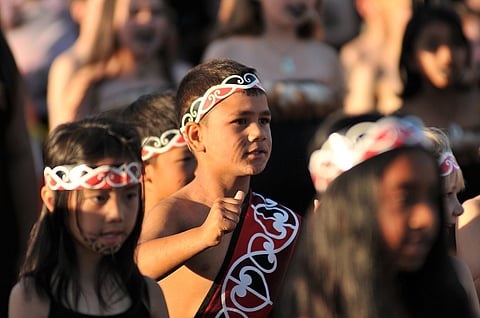
- Destinations
- Experiences
- Stay
- What's new
- Celebrating People
- Responsible Tourism
- CampaignsCampaigns
- SubscribeSubscribe
- Buy Now

In an attempt to find the empirical reason behind every phenomenon and event, often the natural and indigenous ways and methods get overlooked. The first Maori astronomical school, which opened on Jul 13 in Bay of Plenty at Matata in New Zealand, shows how important it is to preserve and study indigenous scientific knowledge and techniques.
The school aims to train people in the role of traditional astronomers who lead their people by the messages from the stars.
In recent decades, the UN has underlined the importance of preserving ancient indigenous methods and philosophies. &ldquoThis knowledge is integral to a cultural complex that also encompasses language, systems of classification, resource use practices, social interactions, ritual and spirituality,&rdquo says UNESCO.
Similar to indigeous knowlede systems across the world, the Maoris have a wealth of astronomical knowledge which is important for many aspects of their lives, from growing food, to navigating, telling time and the change of seasons. With the arrival of Europeans, a lot of this knowledge was lost, or misinterpreted by Western colonisers as mythology or history. And the real science behind it was gradually lost as the elders who preserved it passed away.
Thanks to a worldwide movement to preserve and resurrect these knowledge streams, several such indigenous schools are gaining international traction.
The UN has emphasised repeatedly on the crucial role played by indigenous knowledge systems for achieving the Sustainable Development Goals (SDGs) and for addressing the most pressing global climate problems.
